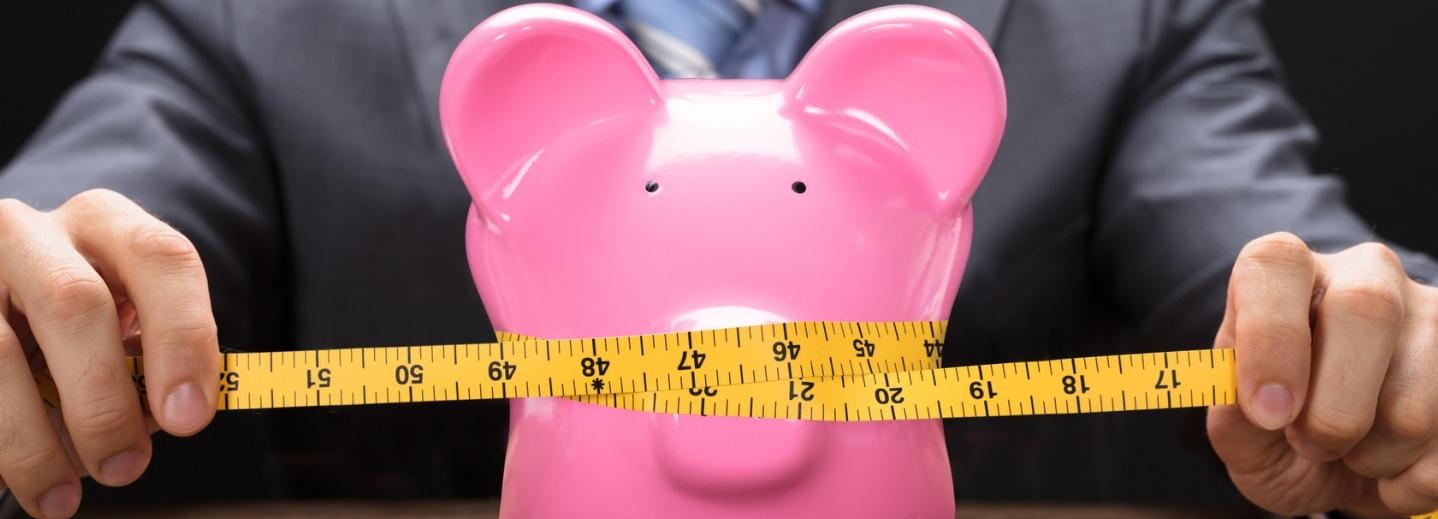Are You Living Beyond Your Means?

If you find it challenging to make ends meet, financially speaking, it could be a sign that you are living beyond your means. It’s easy to get over-extended - especially with so many people living out loud with all their new purchases on social media. Online shopping also perpetuates these struggles due to its ease and convenience.
As your credit union, we understand these challenges, and we want to help you find greater financial success for yourself today and in the future.
Signs You’re Living Beyond Your Means
The first thing you might want to determine is whether you’re actually living beyond your means. There are a few signs to look for that indicate this might be exactly what is happening.
Here are a few questions to ask yourself.
- Are you living from one paycheck to the next?
- Are you relying on credit cards to see yourself through to the next check?
- Do you have to borrow money from friends or family to make it to your next payday?
- Have you considered, or resorted to, payday loans?
- Have you used up all of your emergency savings?
If these questions sound a lot like your reality, then it is possible that you’re living a little beyond your means. Fortunately, there are solutions to help you get your finances back on track.
Solutions to Get Your Finances Under Control
When you’re in the midst of a financial deficit, it can feel like there’s no way out. The fact is, that there are many solutions you can follow, and you may need to consider more than one of the following:
- Make a list of all your expenses and eliminate those that aren’t absolutely necessary. It may be painful at first, but this is the fastest route back to financial surety. You can add some back into the budget once you have more stable financial footing.
- Designate a specific amount of money each month to go into a savings account. This allows you to have money you can fall back on in the future when or if emergencies arise. Even if you’re limited now, adding $5 to $10 a week can help build the habit of saving, and your balance.
- Learn your triggers to spend and eliminate them. This may include things like removing apps from your phone, canceling subscriptions, opting out of email lists, and limiting your shopping to local stores.
If your financial challenges stem from credit card debt, a debt consolidation loan may be the right solution. With a debt consolidation loan, your outstanding debt (short-term loans and credit cards) will be combined into a single, lower-rate loan. As a result, your debt becomes easier to manage, and you’ll typically pay off the debt quicker and incur less interest. Use our free debt consolidation calculator to see how much you can save. Remember that for this to be successful, you must commit to your efforts to avoid new debt, meaning hold off on using your credit cards for a while.
CAMPUS Can Help!
We understand it’s almost too easy to spend money with today’s technology. Our goal is to help you enjoy greater financial success. This includes providing education and tools to help you stay within your means.
We offer many tools to help you maintain a budget, automate the savings process, build stronger credit, and consolidate high-interest debt.
Please stop by any of our convenient service center locations or call 800-367-6440 to learn what we can do to help you live fully and within your means.
By CAMPUS USA